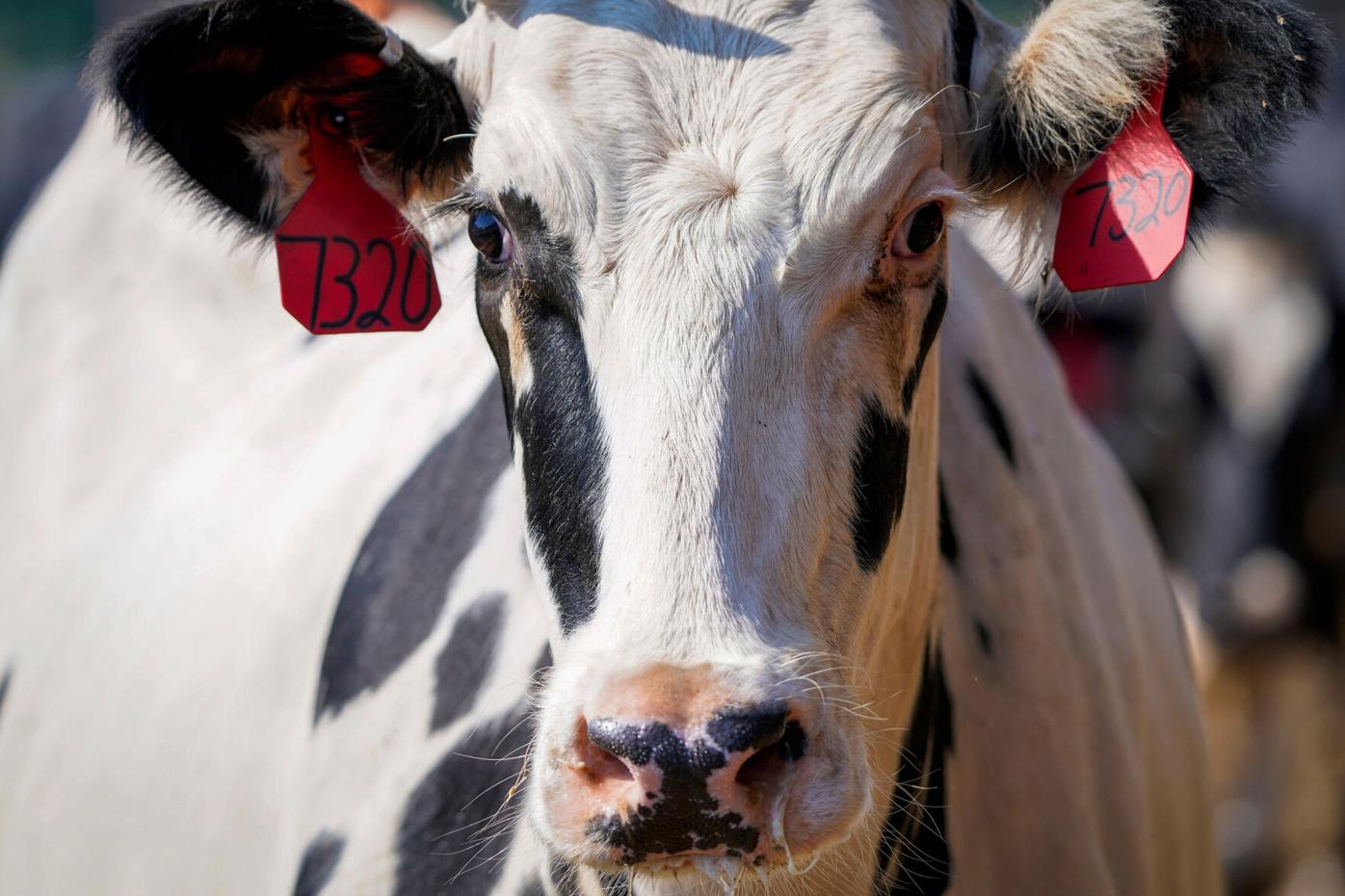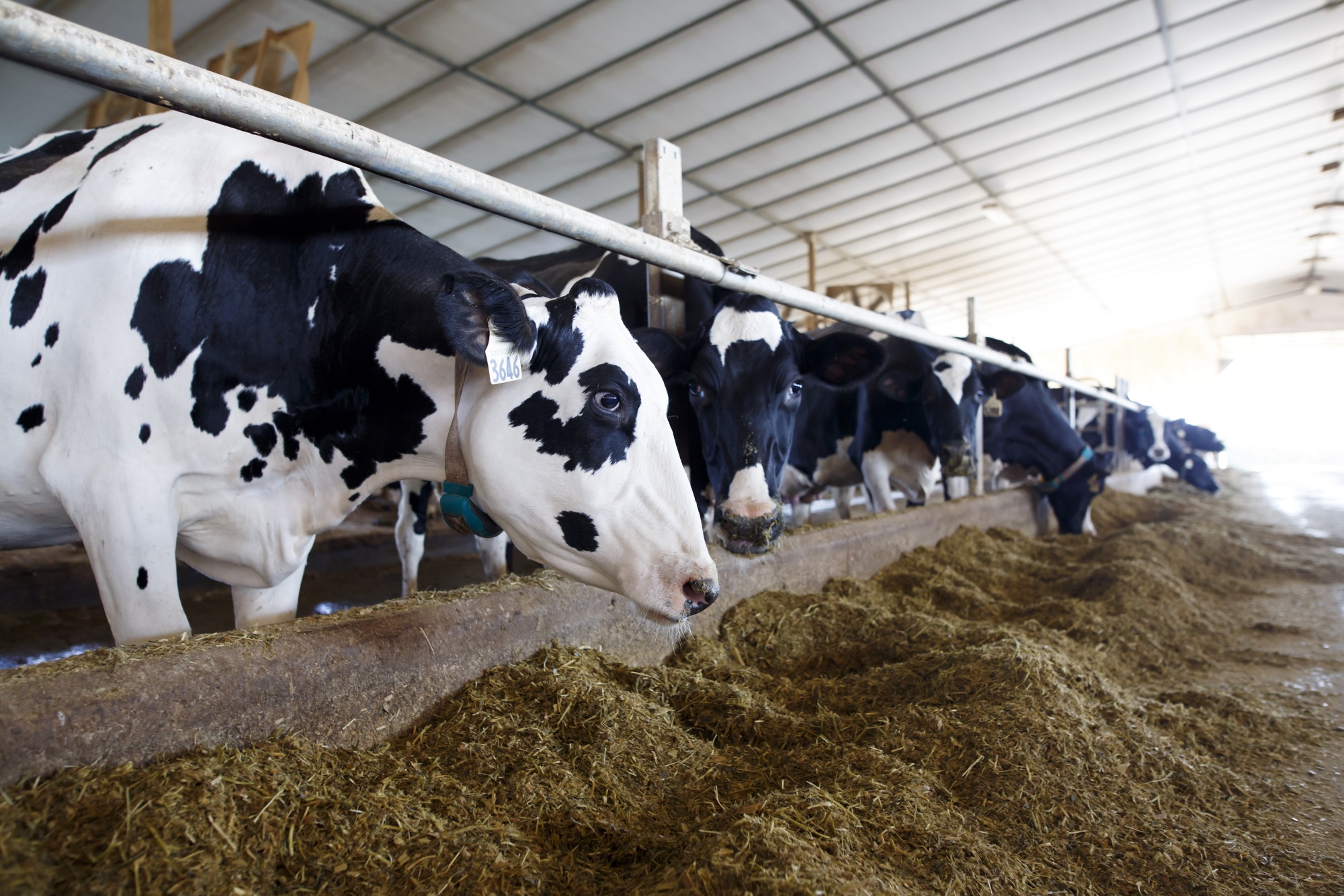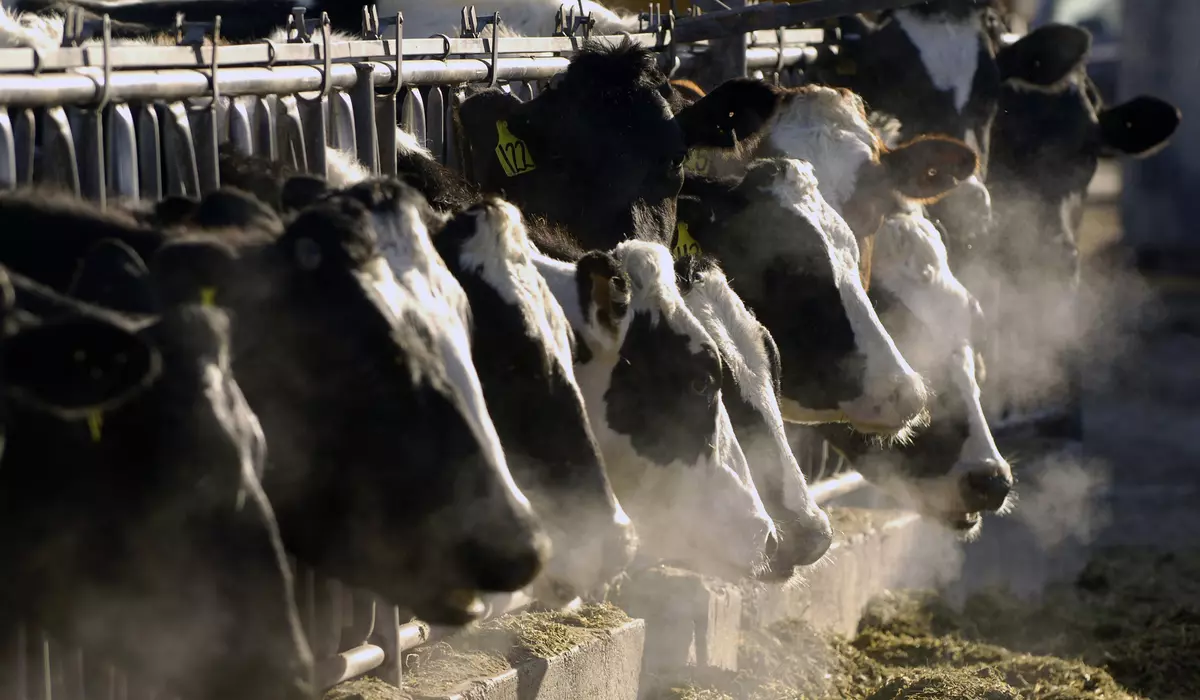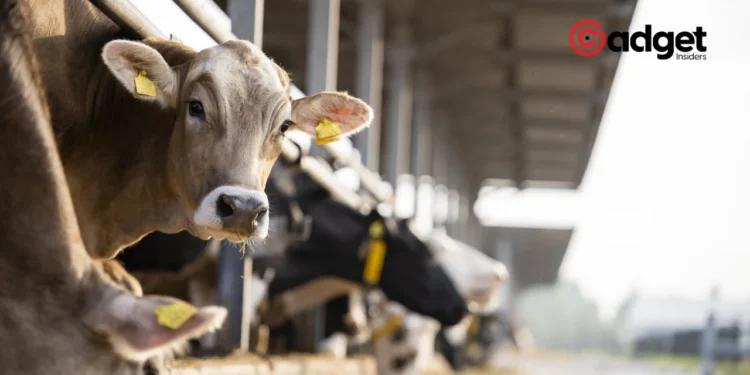In recent weeks, the United States has grappled with an unprecedented outbreak of bird flu affecting dairy cows across multiple states. This has raised concerns among consumers about the safety of everyday staples like milk and eggs. Here, we delve into the facts, reassurances from health officials, and the steps being taken to safeguard the nation’s food supply.

Bird Flu: The Spread of H5N1 Among Dairy Cows
As of mid-April 2024, the highly pathogenic avian influenza (HPAI) strain known as Type A H5N1 has been detected in 26 dairy herds in states including Texas, Kansas, New Mexico, Ohio, Idaho, Michigan, North Carolina, and South Dakota.
Originating in wild birds, this is the first notable incidence of the virus in cattle, triggering a series of preventative measures by federal and state agencies.
Despite the alarming nature of these reports, the U.S. Food and Drug Administration (FDA) has been quick to allay fears, stating, “At this time, there continues to be no concern that this circumstance poses a risk to consumer health, or that it affects the safety of the interstate commercial milk supply.”

Safety Measures and Public Health Assurance
To mitigate the spread and impact of the virus, stringent controls have been imposed on the movement of dairy cattle from affected states. Affected animals showing symptoms like reduced milk output and lethargy are being isolated and tested.
Fortunately, according to the U.S. Centers for Disease Control and Prevention (CDC), these animals seem to recover within two weeks, and cow-to-cow transmission, while not confirmed, remains a possibility that cannot be entirely ruled out.
The Impact on Egg Production
The bird flu’s effect on egg production has been closely monitored, especially following the discovery of the virus in Texas and Michigan chicken farms. Cal-Maine Foods, the nation’s largest egg producer, was forced to cull millions of hens in early April.
However, safeguards such as federal inspections ensure that eggs reaching the retail market are safe. The FDA reiterates that eggs if handled and cooked properly, pose no risk of transmitting the virus to humans.
Bird flu pushes US dairy farmers to ban visitors, chop treeshttps://t.co/WvqOWigax3
Dairy farmers in five states say they are reinforcing safety and cleaning procedures— Gulf News (@gulf_news) April 11, 2024
Pasteurization: A Critical Defense
One of the strongest defenses against any potential transmission of bird flu through dairy products is pasteurization. This process effectively eliminates harmful pathogens in milk. “We firmly believe that pasteurization provides a safe milk supply,” confirmed Tracey Forfa, director of the FDA’s Center for Veterinary Medicine.
However, the situation is different for unpasteurized, or raw milk. The FDA and CDC have expressed concerns about the limited data on the transmission potential of H5N1 through these products and advise against their consumption from affected herds.
Looking Ahead: An Evolving Situation
Despite the effective response to this outbreak, experts like Barbara Kowalcyk, director of the Center for Food Safety and Nutrition Security, caution that the pathogen is evolving and much remains unknown.
“This is an emerging issue… this pathogen is evolving and there’s a lot that we don’t know,” she remarked, emphasizing the need for continued vigilance and research.

Bird Flu: Vigilance and Safety in the Face of Uncertainty
As the situation develops, it remains crucial for the public to stay informed and heed the advice of health authorities. While the risk to the general public is currently low, ongoing surveillance, quick action on farms, and strict adherence to food safety practices will be key to managing this outbreak effectively.
The resilience of the U.S. food safety system is being tested, but the concerted efforts of governmental agencies, scientists, and farmers continue to safeguard public health and ensure that your glass of milk and plate of eggs remain safe.










